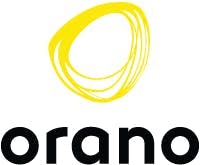TRUE or FAKE

PRECONCEPTION No. 1
Nuclear energy is a major emitter of CO 2

PRECONCEPTION No. 2
Nuclear energy contributes to France’s energy independence

PRECONCEPTION No. 3
Smoke from nuclear energy facilities causes pollution!

PRECONCEPTION No. 4
The production of radioactive waste is the biggest drawback of nuclear energy

